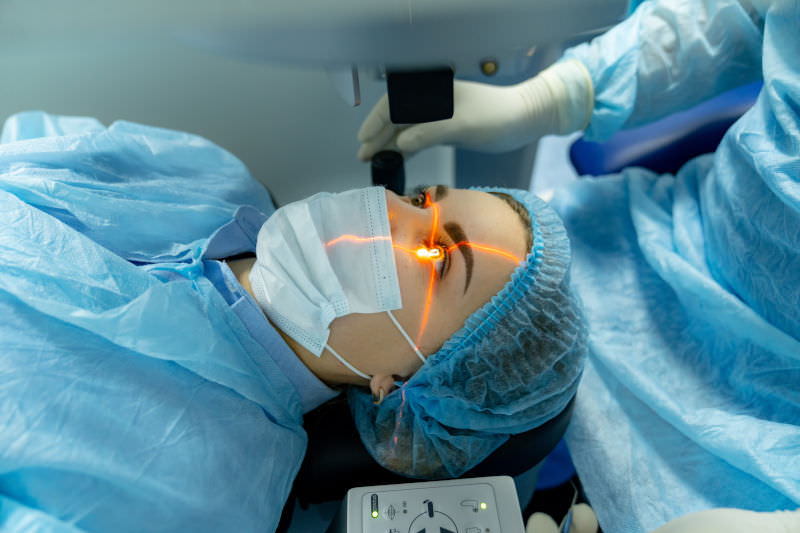We continue our series of blog posts, examining the latest events relating to medical negligence.
Use of incorrect implants to fix fractured bones
Any complicated surgical procedure involving implants has certain risks attached. Aside from clinical risks, if defective implants are used – perhaps where inadequate care has been taken in their manufacture, or the safety of the implant has not been properly investigated – it can have serious consequences for the recovery and health of the patient concerned.
The Independent recently reported another kind of situation involving implants, however. Seven patients at one hospital trust had been fitted with the wrong kind of metal plate following operations to repair fractured bones.
The patients had been fitted with flexible plates to fix unstable fractures – a purpose for which that kind of plate had not been designed. Instead, rigid fixation plates should have been used.
At least two of the patients suffered additional harm, and had their recoveries complicated by the plates. One patient’s plate buckled after they fell, and another’s failed during physiotherapy after their operation.
The discovery has prompted NHS Improvement to confirm it will review all cases going back to February 2018, where rigid fixation plates were supposed to have been fitted, to ensure that the correct implant was used. This is thought to be about 5,500 cases.
The error of fitting an incorrect implant could easily constitute medical negligence, and may mean that affected patients are legally entitled to claim compensation for the additional harm it has caused them. For the patients affected, it has at least given rise to the need for corrective surgery and all of the consequences that this entails.
Presumed consent for organ donation
Informed consent is a necessary part of a medical procedure in all but the most desperate emergencies. Medical practitioners are under legal duties to provide you with enough information to make an informed decision on whether to undertake a course of treatment. If you have legal mental capacity to make the decision for yourself, and you are able to communicate your choice, you have the right to refuse treatment whenever you wish. Failures to adequately obtain, or respect, your informed consent to treatment could constitute negligent care.
Similarly, if you are unable to give consent to treatment, the legal starting position is that no treatment can be carried out except in emergency situations. As the NHS website states, patient consent is necessary ‘whether it’s a physical examination, organ donation or something else.’
But for organ donation, the situation is set to change. At the time of writing, a bill has just passed through the House of Lords which will alter how consent for organ donation works. It has been named ‘Max and Keira’s law’ after two remarkable children: Max, the recipient of a heart transplant, and Keira who was the donor. Keira also saved three other lives with the organs she donated Keira donated.
When the changes come into force next year, it will mean that you are presumed to consent to organ donation after you die unless you opt out of it. However, relatives will have the power to stop a donation from happening.
Significant case concerning mothers suffering injury in childbirth
A recent case, YAH v Medway NHS Foundation Trust [2018], has given clarity to how mothers are to be treated by the law in medical negligence cases involving childbirth.
In the case, negligent care by the defendant NHS trust caused a newborn child to suffer a number of severe medical conditions and disabilities, including cerebral palsy, epilepsy, and visual impairment. The child was taken to a special baby care unit immediately after birth and given life-sustaining treatment. The child’s mother only saw her baby for the first time the following day.
The trust admitted liability for the harm caused to the child and agreed to pay compensation. However, the child’s mother also claimed for the psychiatric harm which she suffered upon seeing her child for the first time, brought on by a combination of the difficult labour, concern for her baby’s survival, and worries about her child’s quality of life given the severe injuries she had suffered.
The key question was how closely connected the child’s mother was to the negligent treatment. Personal injury law makes the distinction between primary victims and secondary victims. Primary victims are those directly affected, and caught up in the events of the negligence. Secondary victims are those who were not directly involved but may suffer harm from the shock of learning of an incident or seeing its aftermath. There are much greater difficulties for secondary victims to successfully establish a personal injury claim and recover compensation.
For example, following the Hillsborough disaster, several claims for psychiatric harm were made by families of the victims who learned of the events later on or saw the events on TV. The main question to be answered was whether they could claim compensation as secondary victims. Their claims were dismissed for a variety of reasons – mainly on the grounds of being too far removed from the events.
In YAH v Medway NHS Foundation Trust, the trust argued that as the child’s mother had only suffered the psychiatric harm upon seeing her baby the day after the birth, she could not be considered a primary victim.
The judge, however, held that the mother was a primary victim. At the time the negligence occurred, during childbirth, the mother and child were legally considered as one person. She had been directly involved and just because she suffered the psychiatric harm later did not break that connection. Accordingly, the child’s mother was able to recover compensation for psychiatric harm resulting from the negligence.
If you would like advice on any medical negligence matter, get in touch with Truth Legal for guidance from a specialist medical negligence solicitor.
Further Reading
From one of the UK’s most read legal blogs.










